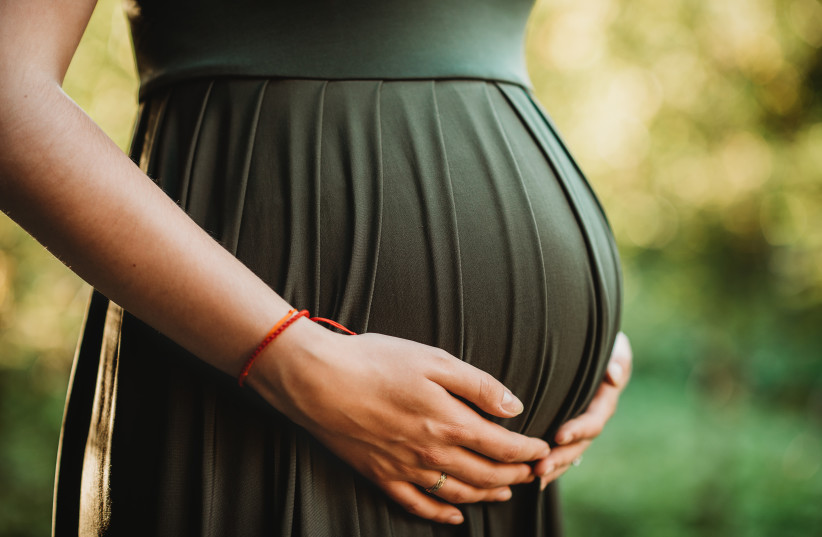Should pregnant women fast on Ramadan? - study

During Ramadan, adult Muslims – both men and women and some children – abstain from food and drinks during daylight hours.
Many Muslim women who are pregnant observe the upcoming Ramadan fast. Previous research showed that Ramadan during pregnancy is associated with adverse health outcomes in babies lasting throughout the course of their lives.
During Ramadan, which lasts for 29 to 30 days, adult Muslims – both men and women and some children – abstain from food and drinks during daylight hours. Most Muslim pregnancies overlap with a Ramadan and many pregnant Muslims decide to fast. Estimated rates of fasting among pregnant Muslims range from 54% in the Netherlands to 87% in Pakistan and Singapore and 99% in Bangladesh.
Evidence on the effects on birth outcomes has been inconclusive, however, and previous research did not consider the role of dietary composition and sleep patterns during Ramadan. Sleep schedules are adjusted during the month of fasting, since dietary intake and food preparation are shifted to the night hours.
Sparse academic literature
While the literature on Ramadan fasting during pregnancy and birth outcomes has remained inconclusive, various studies demonstrated that being born in the months after a Ramadan is predictive of worse later-life cognitive and physical health outcomes among Muslims, including symptoms of pulmonary disease, coronary heart disease and type-2 diabetes, increased disability rates, and worse performance in school and on the job market. Due to the high glycemic index of foods rich in simple sugars, it appears likely that an increased intake of foods rich in simple sugars during Ramadan might increase the likelihood for accelerated starvation to occur, the team wrote.
A German study systematically documents maternal lifestyle during Ramadan and assesses if diet and sleep adaptations to the month of fasting during the day are associated with health problems after birth. It was the first study to include information on maternal diet and sleep during Ramadan, the authors wrote, but additional research is needed to assess the roles of specific macronutrients and food groups.
The new study reports a survey of 326 Muslims who delivered their babies in Johannes Gutenberg-University Medical Center in Mainz has just been published in the PLOS One journal under the title “Ramadan during pregnancy and neonatal health – Fasting, dietary composition and sleep patterns.” It was written by Fabienne Pradella, Birgit Leimer, Anja Fruth, Annette Queißer-Wahrendorf and Reyn Joris van Ewijk.
The women reported on their fasting, dietary composition and sleep schedules while pregnant during Ramadan. Fasting during pregnancy was associated with reduced birthweight, in particular for fasting during the first trimester. Neither their diet nor altered sleep were directly associated with birthweight, but dietary composition during Ramadan outside of fasting hours moderates the fasting-birthweight association, that disappeared when women switched to high-fat diets, the researchers wrote.
They concluded that dietary intake during Ramadan potentially moderates the fasting-birthweight association and is of high relevance to pregnant Muslims who wish to fast and their doctors.
Jerusalem Post Store
`; document.getElementById("linkPremium").innerHTML = cont; var divWithLink = document.getElementById("premium-link"); if (divWithLink !== null && divWithLink !== 'undefined') { divWithLink.style.border = "solid 1px #cb0f3e"; divWithLink.style.textAlign = "center"; divWithLink.style.marginBottom = "15px"; divWithLink.style.marginTop = "15px"; divWithLink.style.width = "100%"; divWithLink.style.backgroundColor = "#122952"; divWithLink.style.color = "#ffffff"; divWithLink.style.lineHeight = "1.5"; } } (function (v, i) { });

